Limnophila aromatica is also known as Limnophila sp., and the name “Kalimantan Mini” was given to Limnophila repens. Despite being known in Europe for more than a decade, this lovely dwarf form of Limnophila aromatica is still uncommon in the aquarium hobby and scarce in trade. It has two to three, sometimes more, leaves per node that are 1 to 2.5 cm long and have light green to brown-red tones when submerged. Under water, the stomata on the leaves appear as tiny silvery spots. The midribs and stems of the leaves remain light green, providing a nice contrast to the leaf surface. However, under favourable conditions – lots of light, CO2, and nutrients – this Limnophila can develop 3-5 cm long and 4-5 mm wide leaves, up to 6 per whorl. The plant can grow to be more than 30 cm tall, but it looks best in groups of 10 to 20 cm high. With intense lighting, CO2 addition, complete macro- and micronutrient supply, and rather soft water, Limnophila aromatica ‘Mini’ looks the best. The ideal temperature range is between 22 and 26 degrees Celsius. When the light is only moderate, the leaves remain light green. This Limnophila, like other stem plants, can be propagated through cuttings. The Mini Limnophila is a small stem plant with brown-red and light green tones that stands out in the foreground to midground. It deserves more attention in aquascaping and works well in Dutch-style aquariums.
Limnophila aromatica / hippuridoides is an Asian plant with easy stems. It is commonly found as a weed in rice paddy fields throughout Asia and is used as an aromatic herb (Ng om) in some Vietnamese soups. There is some confusion between L. aromatica and hippuridoides, which you can read about here. L. hippuridoides has more leaves (6-8) per node and is more reddish, whereas L. aromatica is more variable (3-8 leaves) and has greenish or reddish varietals. Otherwise, they have similar requirements. Their serrated leaf edges and aromatic scent distinguish them. They grow quickly and reach the water surface of most tanks, with a diameter of 2 to 2.5 inches. When compared to submerged forms, emersed forms have fewer leaves.
Limnophila aromatica is resistant to a wide range of water parameters and is a simple plant to cultivate. They are best used as background plants because they grow tall and aggressively. It appears to be less popular in today’s aquascapes due to its coarser leaf texture. It does, however, form attractive clusters with good coloration. Limnophila aromatica has attractive foliage and makes an excellent background filler. It stands out against Ludwigia sp. red and Myriophyllum ‘Guyana’.
They can be aggressively trimmed. This promotes the formation of side shoots, and the plant can become very bushy as a result. It is very resistant to dense growth and can be pruned for many months without needing to replant (the bottom portions of the plant do not deteriorate as easily and will sprout new shoots when the plant is trimmed down). It is unaffected by a certain amount of self shading.
Important Success Factors
adequate lighting (medium onwards)
Avoid using water with extreme parameters.
Fundamental fertilisation
How to Make It More Red
a brighter light (higher PAR values)
Increased red/blue light spectrum
The topside of the leaves become significantly redder when nitrate levels are low.
Choose the redder varietal.
This is one of the plants that turns redder when nitrate levels are low. If you overdo it, the plant will stunt.
Trimming Techniques
Cut the stem at a node a few inches below the final height you want the plant to reach. To create a nice slope, make the cutting height shorter in the front and taller in the back. Cut off outlier shoots that do not match the cluster’s slope as new shoots appear on the cut stem base. This will result in neat plant clusters over time.


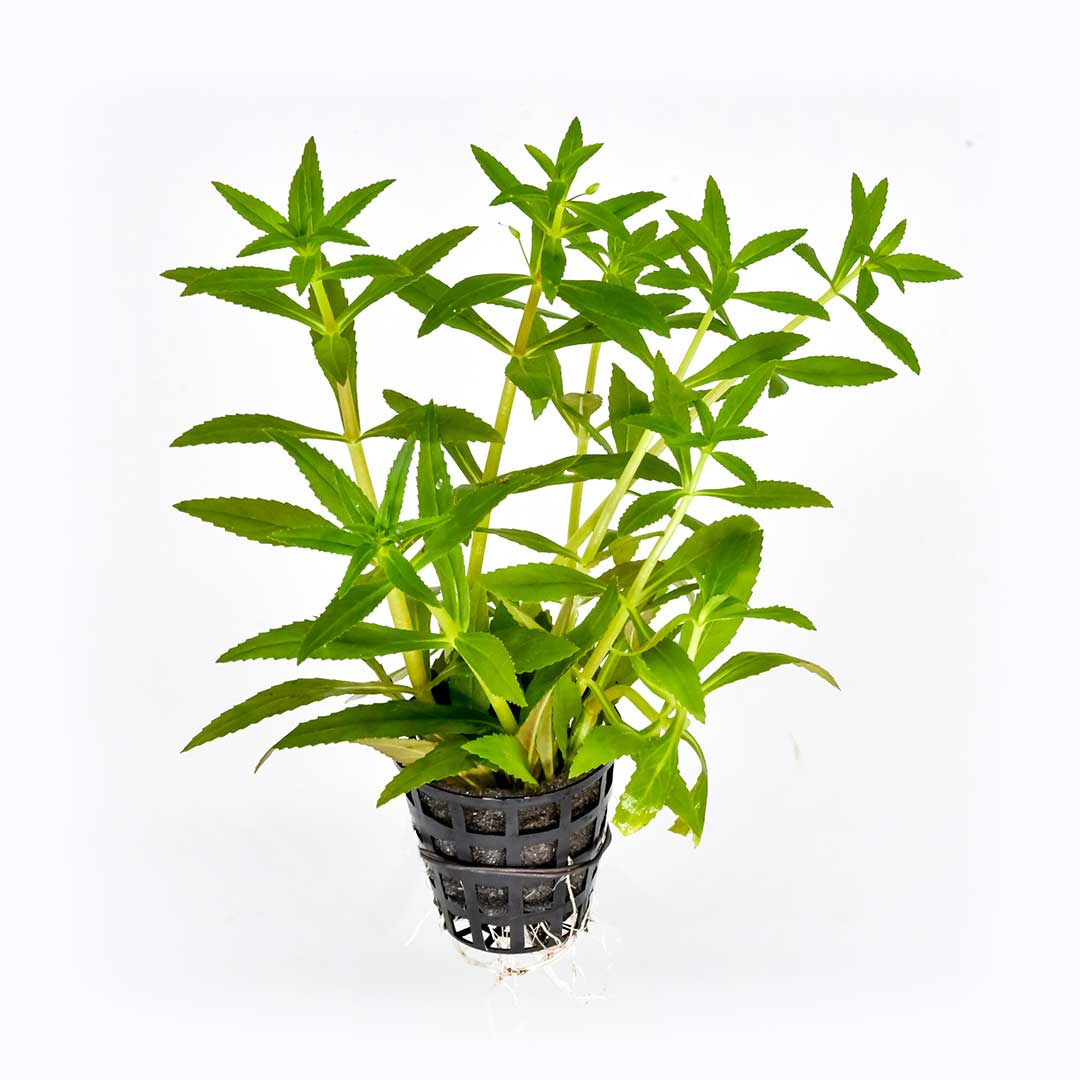
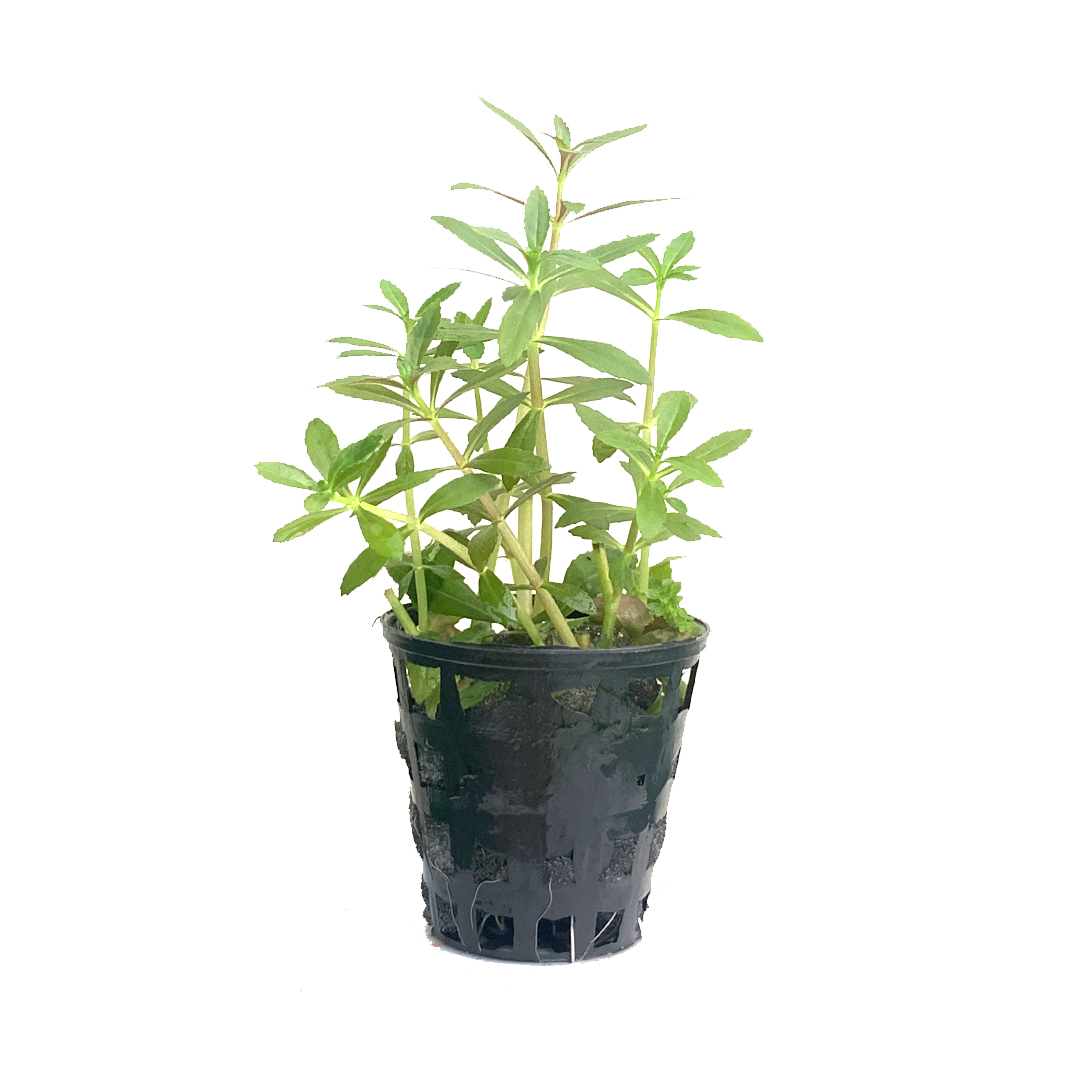
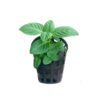
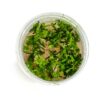



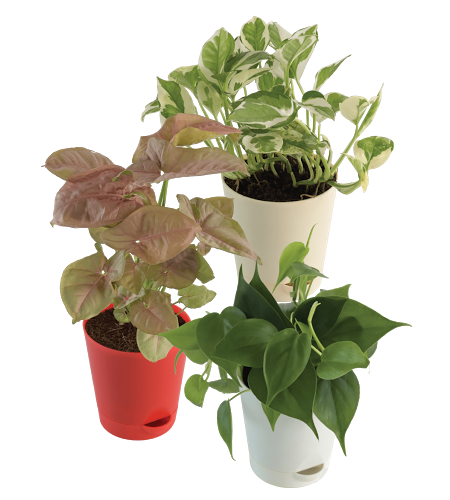
Reviews
There are no reviews yet.